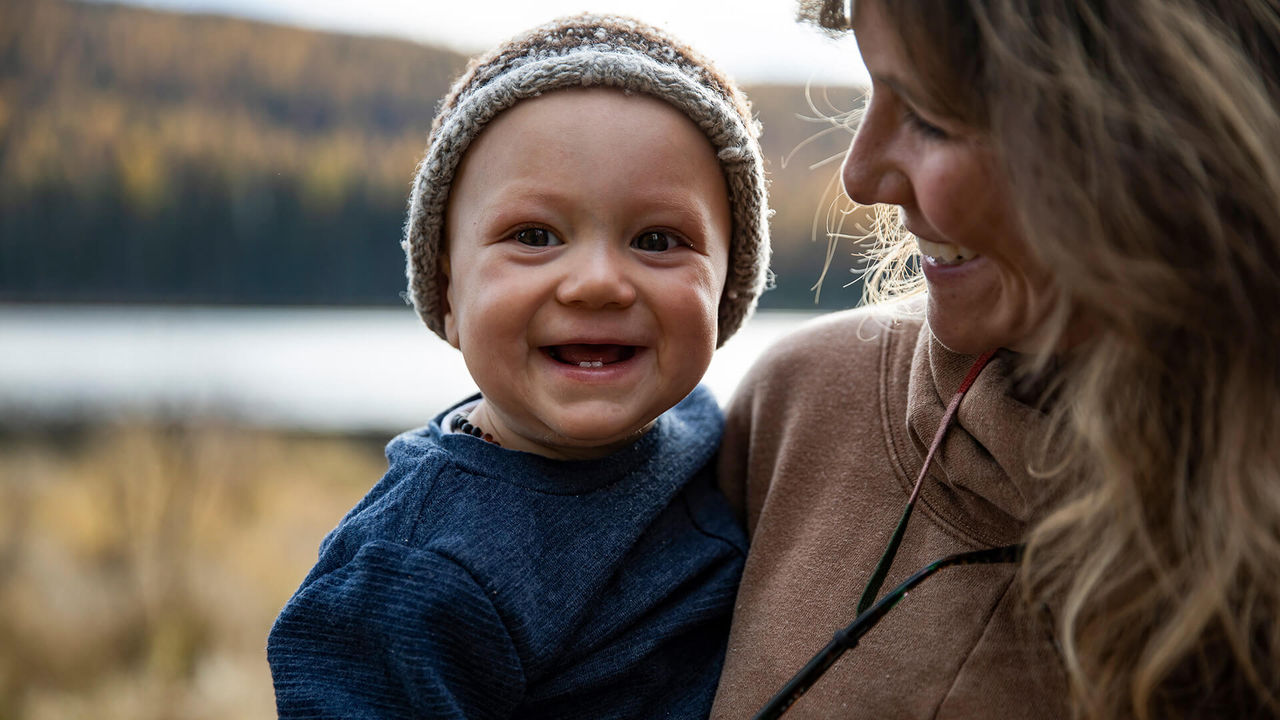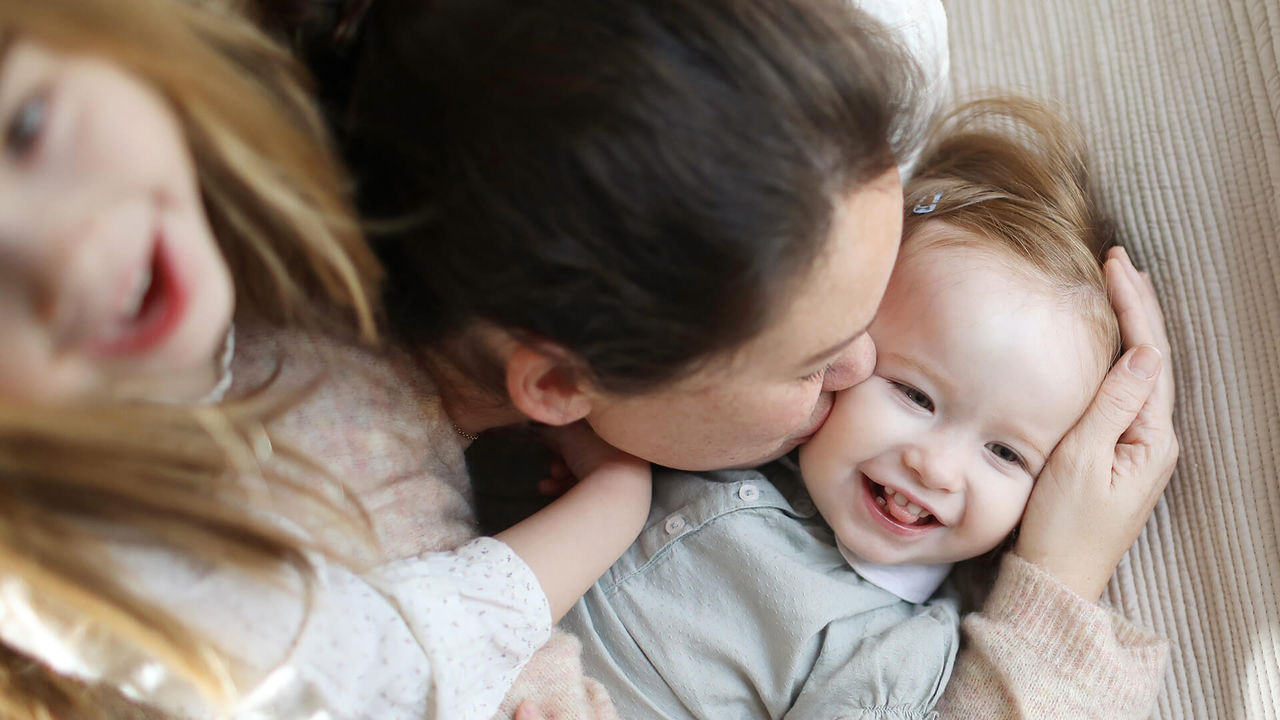How do you talk to young children about a word too big for them to say: ‘Coronavirus’? There is one simple answer: it depends.
5 tips on how to talk to kids about Coronavirus

Key points
To children under the age of 3 years
It will be unlikely they will have too many questions. We should usually answer with short sentences and minimal information. And then we talk about what we can do. For example, “We can’t see Grandma for a while because she lives at another house. But we can see her on the computer!”
Pre-school children
They need more information than our toddlers. But not much more. Answer their questions briefly to the extent that they are curious, and then check that they have had enough. Only answer what you know. For example, “Do you have any other questions?” or “What else would you like to know?”
Most importantly, give them a hug and get them involved in helping you or another family member with something fun (and a little distracting).
Heard
We often say
“Oh, it’ll be OK”, or “You’ll be just fine” to our children when they worry. But these responses can feel dismissive. To really hear, we should stop what we are doing, look into their eyes, and listen carefully. Instead of telling them “it’s OK” when they clearly think it’s not, we should name their feelings to tame their feelings:
“You’re really worried about Grandpa, aren’t you?”
“You’re so sad that you can’t have your birthday with all of your friends and cousins.”
Healthy
Most important
Our children need to be healthy. Teach them how to wash hands, cough safely, and stay healthy. These habits will save lives.
Humour
Laughter is the best medicine
And powerful stress relief. And infants, toddlers, and pre-schoolers love to laugh! Play peek-a-boo. Sing songs. Dance. Tickle. Draw. Bang spoons on saucepans. Read stories.
Our children’s laughter can also provide a welcome distraction for us from the troubles around us. Laugh with them!
Help
Helping builds relationships
It enhances feelings of competence and gives children a sense of purpose. It’s a wonderful way to step out of fear and worry and into confidence and hope.
Hope
Our children need to believe in a positive future
They need to be able to explore with confidence. To do this, they need to feel secure. As we lovingly hold them close and encourage safe exploration, they will feel our faith in them. They will believe in themselves – and in their future. They will develop resilience.
Communicating with gentle understanding, finding the funny, and giving to others, builds hope. And our happy children, more than any other gift in life, bring hope.
Related pages

Get in touch with our Careline experts
When your little one is unhappy or unwell you want reliable support from a trusted source. Our Careline team of nutritionists, dietitians and midwives specialise in infant and child health, offering free nutrition, feeding and product information.
Every feeding journey is unique
Not every parent can produce breast milk. No matter what choice you make, we will support your unique feeding journey.
We at Nutricia believe in providing the best nutrition for babies, which is why we recognise breast milk is uniquely superior for babies as it provides many benefits. It is important that mums have a healthy diet to support breastfeeding. A decision not to breastfeed, or partial bottle feed, may reduce breast milk supply making it difficult to reverse. The cost and social implications of using feeding methods should be considered. Always seek professional advice about feeding your baby. Ensure formula is used as directed as improper use can affect baby’s health.
REMEMBER: The information on this page is general only. If you have any concerns about your baby’s poo or questions about constipation or any other health concerns, please speak to a healthcare professional, like a Pharmacist, GP or Maternal Child Health Nurse.



